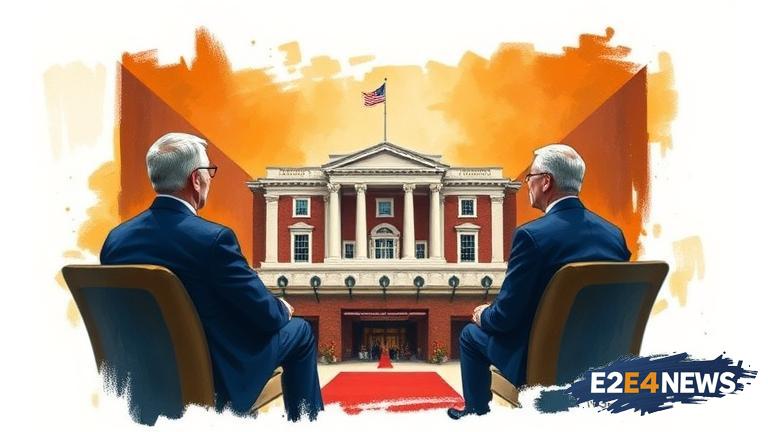The University of Virginia’s Faculty Senate has taken a significant step by adopting a no-confidence vote in the Board of Visitors. This decision was made after a thorough discussion and consideration of the board’s actions and their impact on the university. The Faculty Senate has expressed concerns over the board’s handling of various issues, including the dismissal of President Teresa Sullivan in 2012 and the more recent controversy surrounding the hiring of a new president. The no-confidence vote is a clear indication of the faculty’s dissatisfaction with the board’s leadership and decision-making processes. The vote was overwhelmingly in favor of the no-confidence motion, with many faculty members expressing their concerns and frustrations with the board’s actions. The Faculty Senate has stated that the no-confidence vote is not a personal attack on individual board members, but rather a statement of their lack of confidence in the board’s ability to lead the university effectively. The university’s faculty has been critical of the board’s handling of various issues, including the allocation of resources, the prioritization of academic programs, and the support for faculty research and teaching. The no-confidence vote has sparked a wider debate about the role of the Board of Visitors in the university’s governance and the need for greater transparency and accountability. The Faculty Senate has called for a more collaborative and inclusive approach to decision-making, one that takes into account the perspectives and expertise of faculty members. The university’s administration has responded to the no-confidence vote by stating that they will take the faculty’s concerns seriously and work to address them. However, the outcome of this vote is likely to have significant implications for the university’s governance and leadership in the coming months. The no-confidence vote has also sparked a reaction from the university’s student body, with many students expressing their support for the faculty’s decision. The university’s alumni association has also weighed in on the issue, calling for greater transparency and accountability from the Board of Visitors. The controversy surrounding the no-confidence vote has highlighted the need for greater communication and collaboration between the university’s various stakeholders, including the faculty, administration, students, and alumni. The university’s faculty has stated that they will continue to work towards creating a more inclusive and collaborative governance structure, one that prioritizes the needs and interests of the university community. The no-confidence vote is a significant development in the university’s ongoing efforts to address the challenges and opportunities facing higher education. The university’s leadership will need to respond to the faculty’s concerns and work to rebuild trust and confidence in the Board of Visitors. The outcome of this process will have significant implications for the university’s future and its ability to achieve its academic and research goals.
